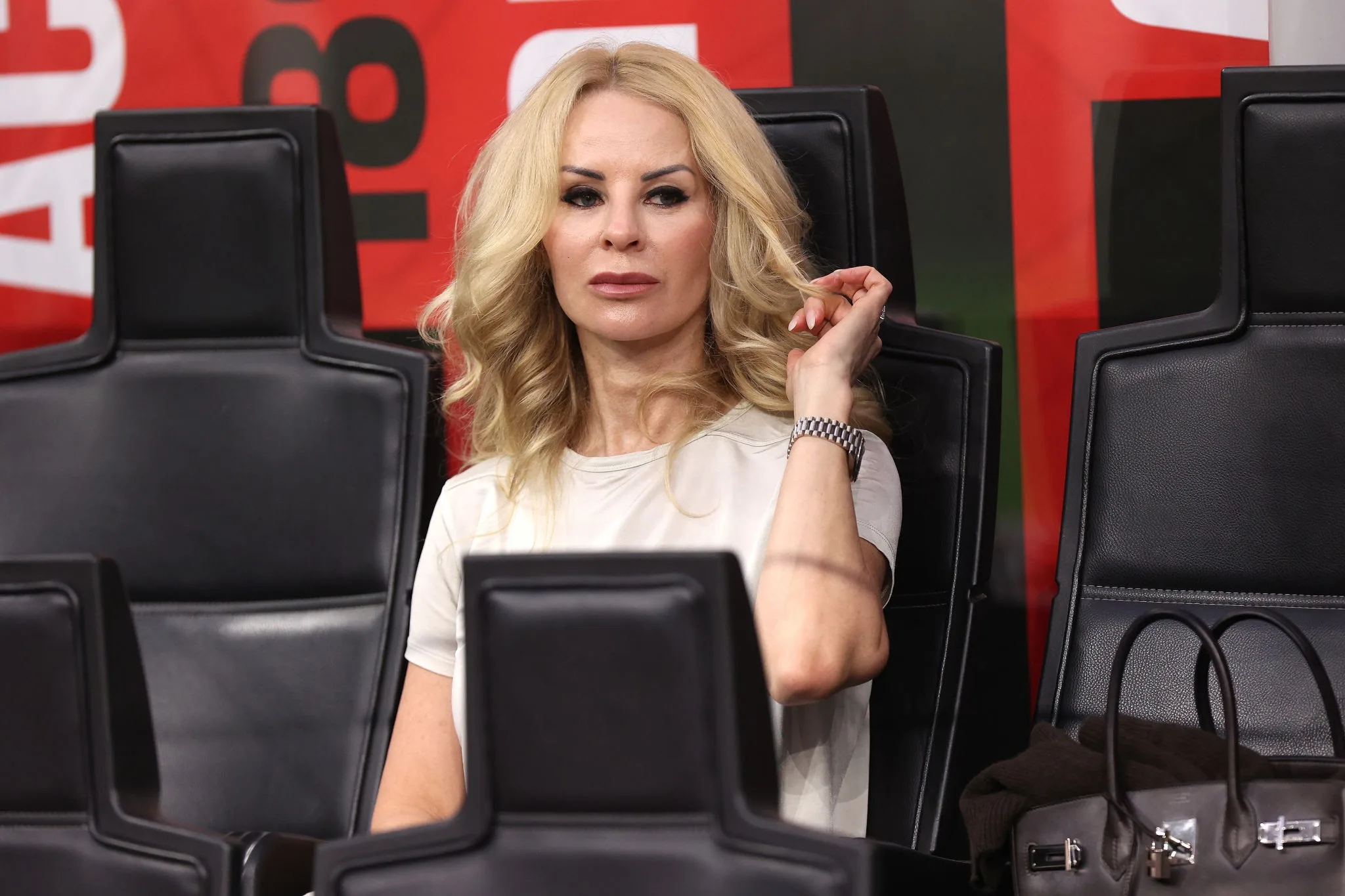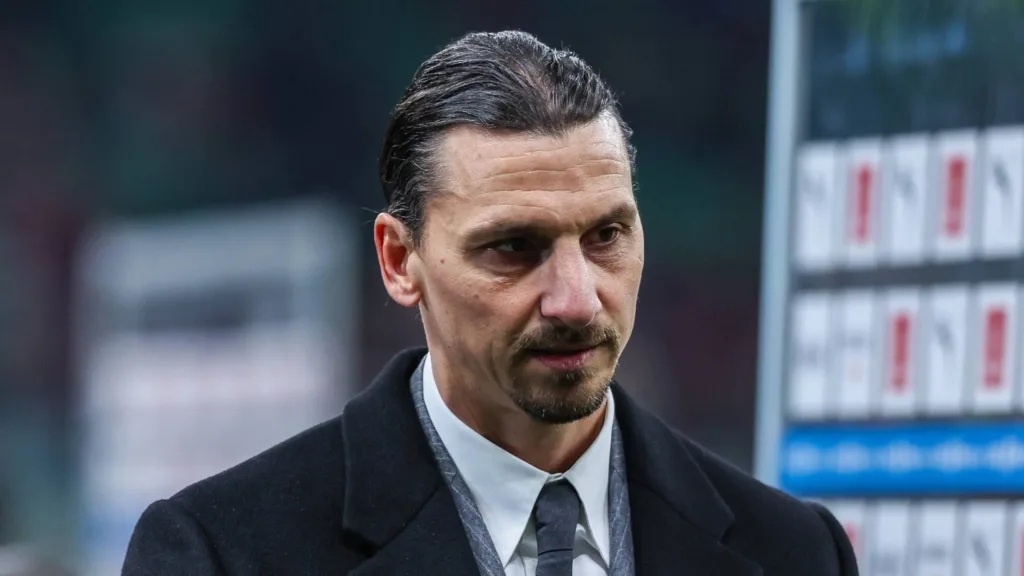Swedish football icon Zlatan Ibrahimović has publicly explained why, despite more than two decades together with his partner Helena Seger and fathering two children, he has never married.
His comments, delivered in a recent interview with Piers Morgan during the “Piers Morgan Uncensored” series, reveal a frank and personal perspective shaped by respect, love, independence, and a sense of what truly binds a couple together.
Ibrahimović, 42, made headlines when he declared, “Because I don’t want to lose fifty per cent,” offering a tongue-in-cheek explanation for why he is still legally single. This remark came in response to the question of why he hadn’t married Seger, with whom he has been in a relationship for over 20 years.
He also stated, “I don’t have a wife; I have two boys,” pointing out that his role as father is, for him, more defining than any ceremonial legal bond.
According to Ibrahimović, he did in fact propose to Seger some years ago. “I have asked her, she said no,” he said. He described the moment and the reasoning behind it: “This was a couple of years ago because I said after 20 years you deserve to be married with me.” Seger, as he recounted, replied that she did not feel marriage was necessary to define their commitment: “She said, ‘I don’t need to be married to you to be with you.’ She’s strong; she’s very strong.”

What stands out in Ibrahimović’s account is that Seger’s refusal did not diminish his respect for her; rather, it increased it. He said, “I think it’s cool because if you do that, you gain more respect from me, because I don’t have to win all the time.” When asked if he would propose again, he was definitive: “No. She had one chance. She will not get a second chance. But she has two boys from me, so that’s even bigger than being married.”
Seger herself has also spoken about her reasons for not wanting to marry, emphasizing independence and identity. She has said, “Getting married could disturb my sense of independence. I don’t want to be known only as the wife of a football player or the winner of a beauty contest. I think people do not know how much I studied, worked and fought.”
Ibrahimović’s concern about what marriage might entail in terms of legal or financial obligations also finds its way into his comments. His joking remark about “losing fifty per cent” suggests a wariness—whether serious or rhetorical—about the formal implications of marriage.
Importantly, he insists that the lack of marriage does not reflect a deficiency in their relationship. On the contrary, he frames their long-term partnership as strong, full of mutual respect, and marked by love and shared responsibilities. The sons they have together, the life they built over years, seem to him more substantial than any legal document.
In speaking plainly, Ibrahimović also touches on ego and pride. Proposing after 20 years, being turned down, taking that refusal with humor rather than bitterness, all point to a confidence in their bond beyond societal expectation.
Saying “she had one chance… she will not get a second chance” shows both playfulness and seriousness: playful in how he treats the proposal, serious in how he values respect and decisions made.

